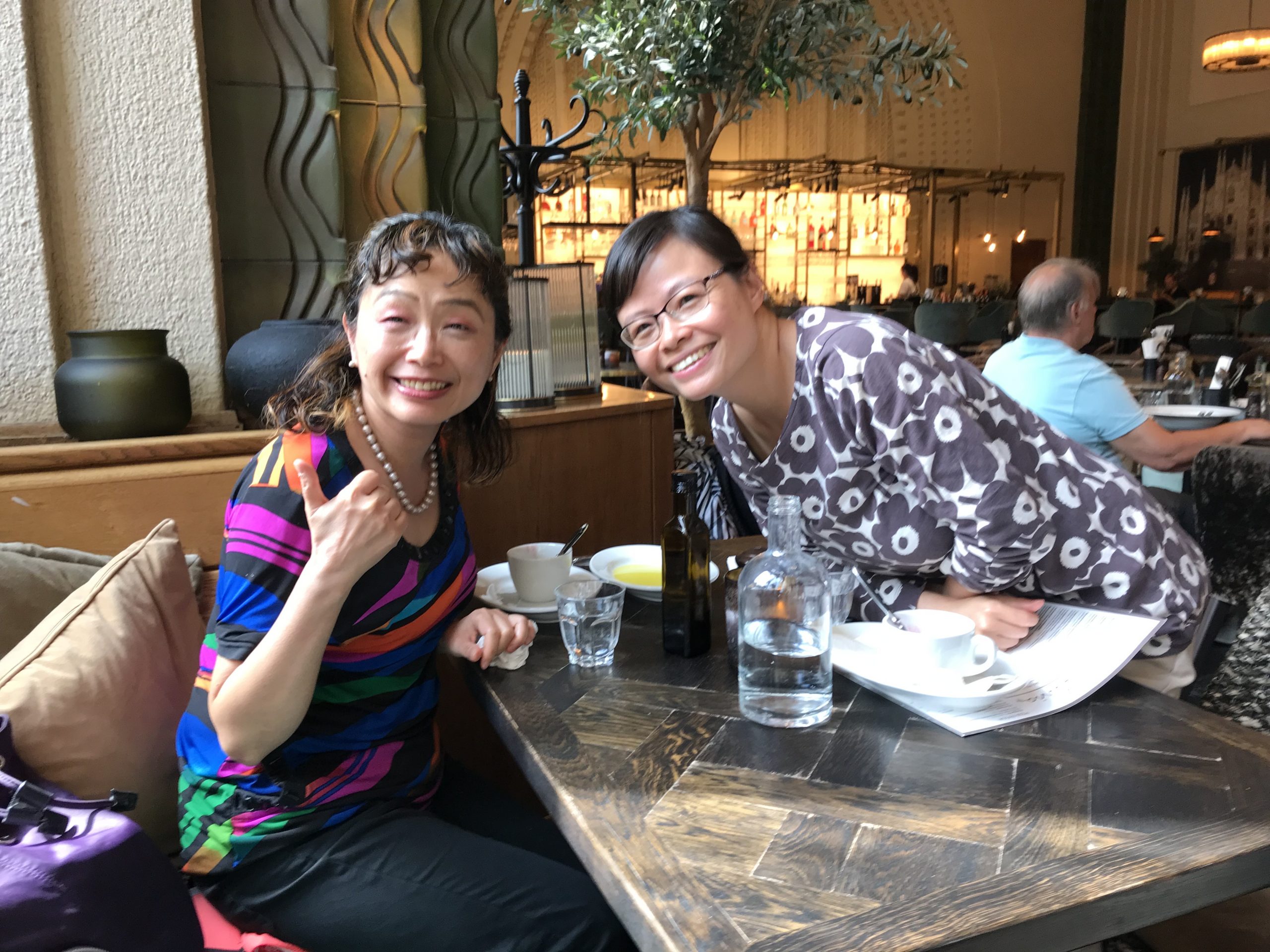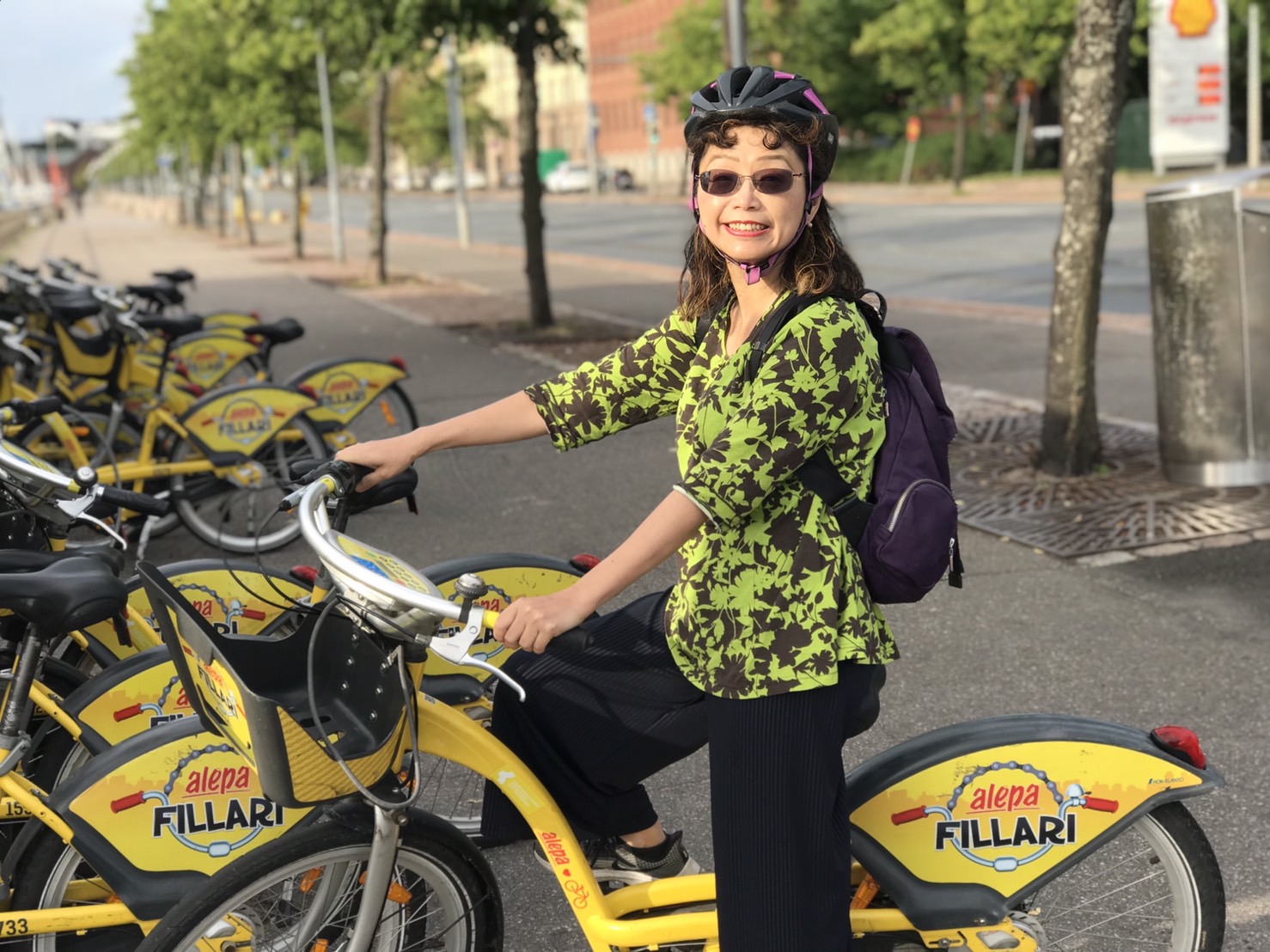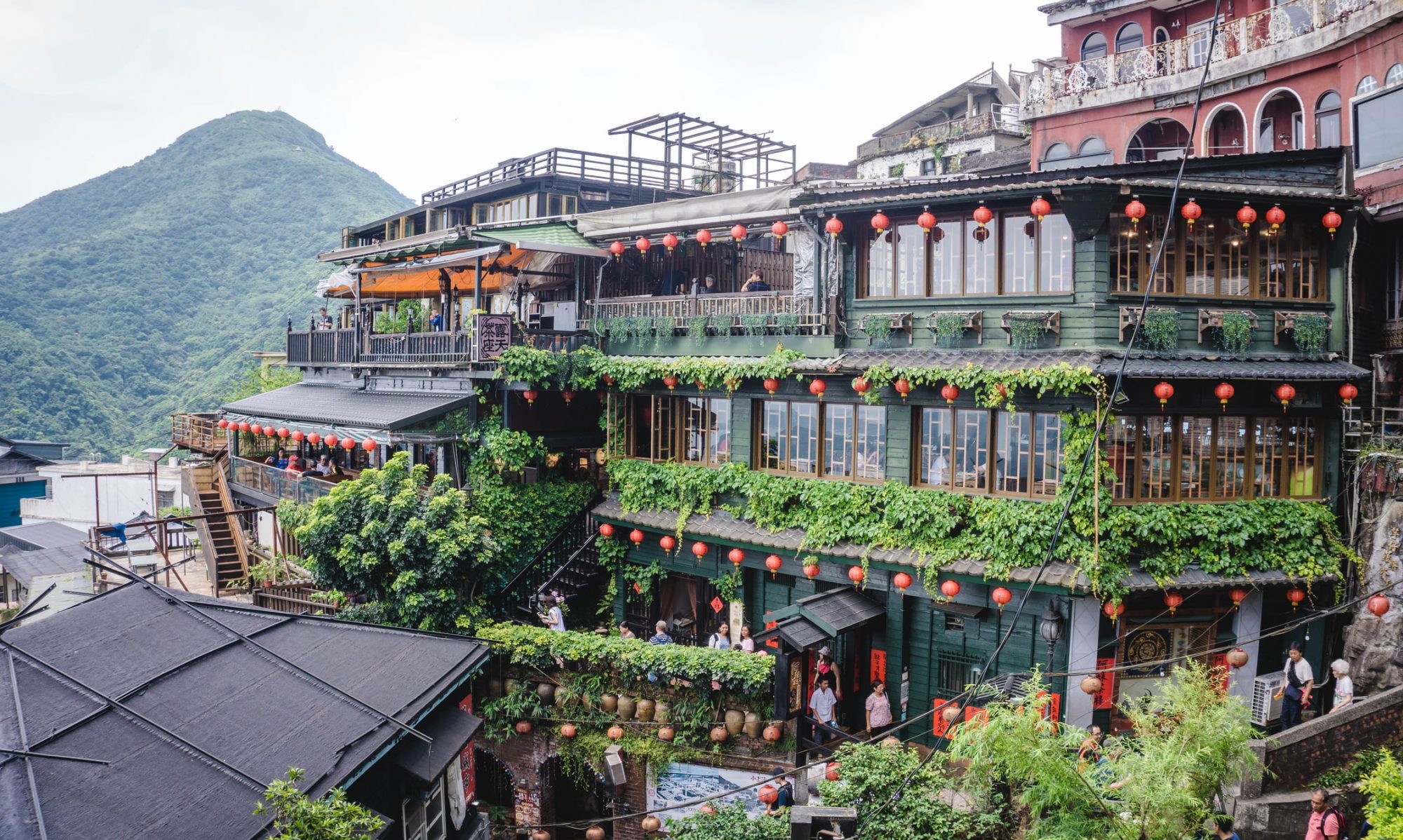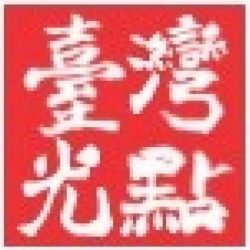National Taiwan Normal University, Department of Taiwan Culture, Languages & Literature
Professor Lin specializes in research on travel writing, Taiwan literature and culture. Her academic works in Chinese include Customs, Memories and Enlightenments: A Digital Archive of Taiwanese Cultural Discourse, The Mood of the Travelers: Taiwanese Travel Writings during the Japanese Colonial Period, Represent Culture: Imagined and Discourse of Moving during Modern Period in Taiwan. She has been a visiting scholar at Academia Sinica, Harvard University and SOAS.
Happiness is not only an eternal theme of literature around the world. So is happiness one of the main aims of philosophy, religion, psychology, politics, economics, sports, medicine, and other fields. Aristotle famously defined eudaimonia as “the activity of the soul according to virtue.” How can people develop the skills to further their sustainable well-being? The World Happiness Report finds that a country’s ethos, institutions, and material conditions of life matter, such as income, health, and whether people are trustworthy, generous, mutually supportive, and free to make important life decisions. In the 2023 report, we learn that Finland has won the happiness championship again. Reading about Finland’s education reform, literature, culture, and social welfare policies offers food for thought in considering the meaning of happiness. Drawing upon my personal experience of short-term travel, I wish to share stories of cross-cultural encounters and observations of how this country has gone above and beyond.
After participating in an international conference and presenting a paper this summer, I took the opportunity to visit Heidi, a Finnish friend whom I had not seen in seven years, and Professor Julie, who teaches at the University of Helsinki. The latter, an international scholar, kindly shared her experience of immigrating to Finland. I thank her for discussing with me the meaning of home education, university education, and academic service as well as for her analysis of the multifaceted influences of policy and culture. It was a pleasure to interact with her family.

On the eve of my leaving Helsinki, Heidi’s family said to me, “Please come again.” Heidi saw me off in tears at the airport. I felt happiness when I met friends in Helsinki who trusted and supported each other. We felt more energy to face the difficulties and challenges of life. Standing outside the airport, the top of the airport, like the Oodi Helsinki Central Library, displays creativity in architectual design of wave-like shape. The airport’s lamps and seats are designed with a wood texture, and recordings of birdsongs play in the restrooms. Nature is the material and source of art inspiration. The image of flowers has become an internationally renowned brand, and getting close to nature is at the core of Finnish life, so the relationship between humans and nature is an important theme of creation and design. The UN Sustainable Development Goals are also vital to the happiness agenda, and, as the theme of happiness and sustainability is my research topic, I shared when I returned to Taiwan how the Finns cherish the natural environment of forests, islands, lakes, and harbors and make good use of the vacation system.
When in Finland, I took the train to Espoo alone and then transferred to the bus to Nuuksio National Park, asking a fellow passenger about the forest route. She was a doctor who recharged by hiking in the national park on vacation, and she described the difference between growing up in the Finnish countryside and working in the city. With her guidance, I picked blueberries along the road and enjoyed tasting the fresh fruit. It is a gift from nature. Finns do not worry about pesticide pollution.
On that day, Heidi went back to her hometown to accompany her father, and the 80-year-old man baked a large blueberry pie so that his family and I could taste the Finnish dessert later. On another day, Heidi needed to take exercise in the swimming pool, so she invited me to swim and enjoy the sauna in the Allas Sea Pool, which evoked the memory of my swimming 3,300 meters across Sun Moon Lake with the National Taiwan Normal University (NTNU) team back in Taiwan in 2019.
Before visiting Finland, I had recently started commuting by bike to my campus in Taipei every week, so, to experience riding a city bicycle around the harbor, I took my bicycle helmet to Helsinki. As I biked through Helsinki and nearby areas, I recalled my bicycle ride with NTNU colleagues from Tamsui (淡水) to Repulse Bay (淺水灣), Baisha Bay (白沙灣), and Fuguijiao Lighthouse (富貴角燈塔) back in Taiwan in 2021. The natural and cultural landscapes in various parts of Taiwan are very charming and worth recommending to travelers around the world.

The 2023 Helsinki Biennale was titled New Directions May Emerge and adopted a quote from anthropologist Anna Lowenhaupt Tsing, who proposes learning from the art of “noticing.” With close attention to other people, animals, plants, data, the environment, and other entities around us, the biennial explored how we might find new ways of living in and understanding the world. Recognizing that biennials have often been founded on principles of urban regeneration, in terms of tourism and the economy, it additionally proposed that exhibitions can be a force for healing and repair. For example, aboriginal Sami artist Matti Aikio designed a video and sound installation in an old gunpowder warehouse on Valisari Island. The work was informed by lived experiences, and it addressed conflicts around the use of natural resources, nature conservation, fossil-free energy production, and, more broadly, human relations with other living beings.
I imagined Finland by reading the Finnish epic Kalevala, listening to Finlandia by Jean Sibelius, or watching the films of Aki Kaurismäki. I learned about the history of Helsinki by walking or running and understanding the cultural trajectories of Finland. Enlarged old photographs were printed on the roadside electrical boxes and on street corner walls.
Finland, which joined NATO in April 2023, has preserved the remains of Swedish and Russian styles in its roads and buildings of various periods. Taking a boat to Suomenlinna, a world cultural heritage site, reminded me of the ecological environment of Green Island, Jinmen, Penghu, Matsu, and other islets in Taiwan and recalled the living conditions of residents coping with the impact of martial law and the Cold War. Domestic and foreign tourists can enhance their understanding of the stories of Taiwan’s various islets through activities such as road running, sea swimming, the Zhaishan Tunnel Music Festival and other cultural assets and art performances.
Visiting several diverse museums in Helsinki changed my perspective on natural ecology and cultural creativity. The Oodi Library and the National Library of Finland have distinctive contemporary and classical design styles and are both public libraries with different functions.
I witnessed the traffic control for US President Biden’s convoy when he visited Helsinki. His visit showed the new phase of Finland’s participation in international security. I also saw media reports of thousands of people marching in an antiracist protest against the government in Helsinki. The protest began in front of Finland’s House of Estates and made its way to the Parliament building. Finns are not only good at marketing national characteristics but also dare to enact reform. The interests of human rights and a sustainable environment are integral to happy lives. Step by step, educational reforms, language policies, and the concept of equality have been implemented in life, showing that happiness requires continuous participation and continuous learning by citizens.
My deepest memory of those few days in Finland is the warmth of my friends. Interacting with friends and their families in Finland, chatting with residents, and sharing transformation and growth, I experienced the sisu spirit. I suddenly realized that the relationship of mutual generosity and trust with friends is also part of happiness. My teaching and service in Taiwan involve studying the practice of sustainable happiness, so, even if I am riding a bicycle or swimming in winter, I will not be alone anymore.

